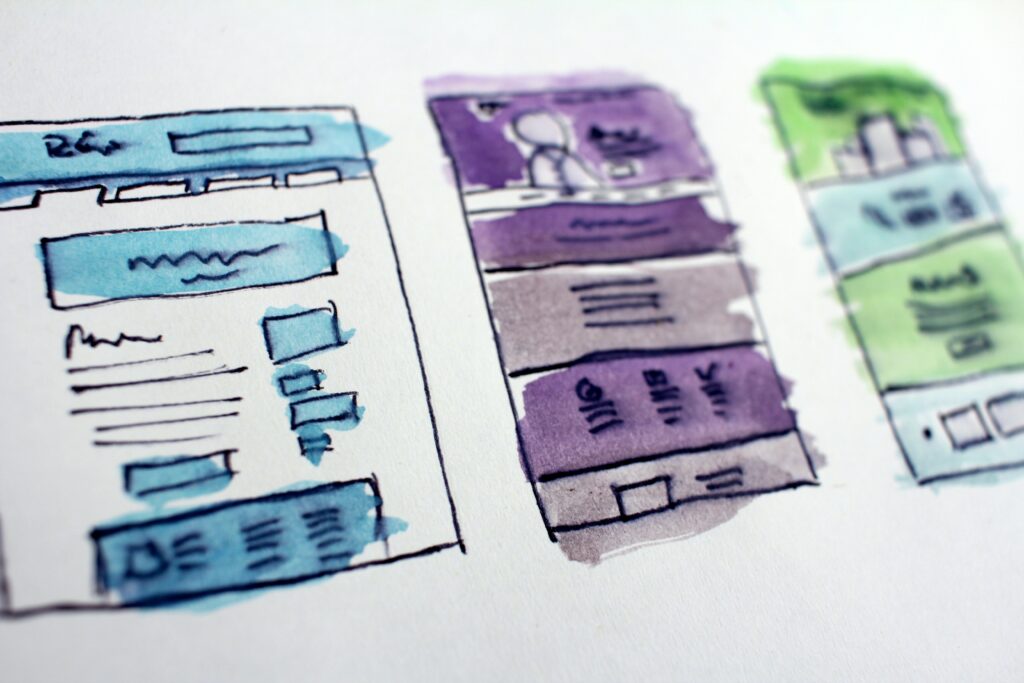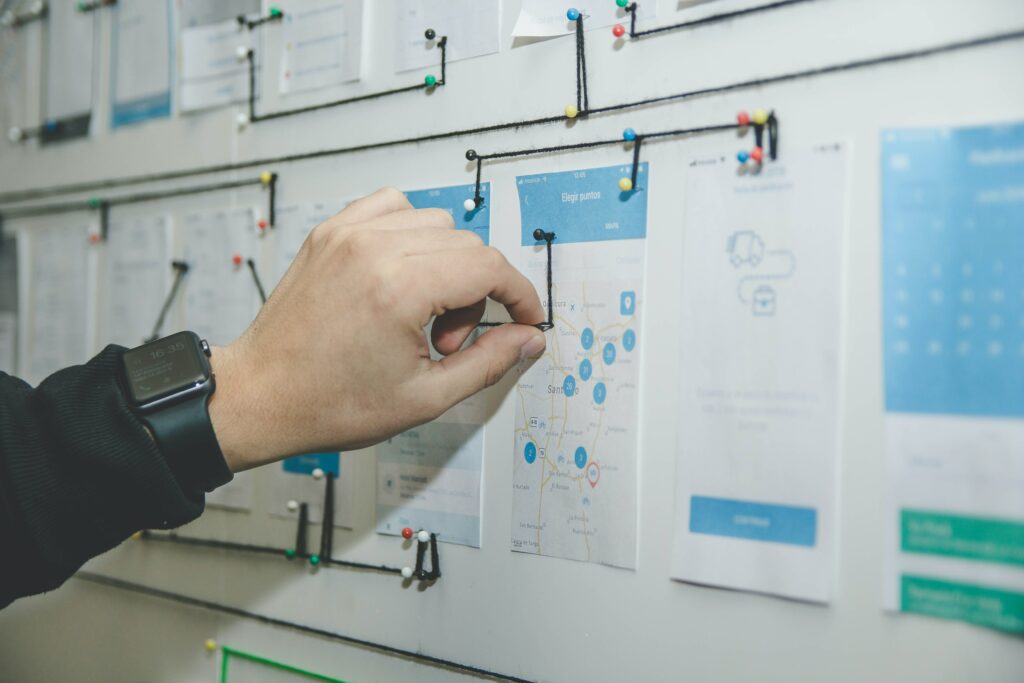It’s time for our report from the second inGOV project plenary meeting
The springtime is here! And we are starting our May with our second plenary meeting. Still remote and without physical presence because of the pandemic, but we are very experienced in running these meetings since we had numerous telcos related to different work packages and activities from the first plenary meeting. Once again, we met […]
T he springtime is here! And we are starting our May with our second plenary meeting. Still remote and without physical presence because of the pandemic, but we are very experienced in running these meetings since we had numerous telcos related to different work packages and activities from the first plenary meeting.
Once again, we met on May 12 to discuss the current project state, see our progress, see what else needs to be done, and connect with all project partners.
The day started with a gentle introduction and a warm (digital) welcome from our Unisystems colleagues. Following their introduction and explanation of how this day is planned, we proceeded with inGOV over project meetings. We discussed topics like risks, issues, challenges, and how we tackled those in the first four months of our project.
Following this intro, we engaged with partners from KUL and UoM to discuss the current progress of our first work package about IPS enhanced models and needs elicitation. WP leaders and task leaders provided updates on their work while pilots from our four sites also shared their experiences and current status.
As always, it was a genuinely humbling and rewarding experience to learn from each other and to share our lessons learned and tips.
Since we now have four full months of work behind us, a discussion related to our sixth work packages, the one about dissemination and exploitation, was interesting as we were introduced to some of the first deliverables and plans for other activities within this work package.
Following the well-deserved coffee break (yes, again, a virtual, or at least a remote one), we engaged with one of the more complex topics in our project – ethics. We discussed current work, envisioned and delivered protocols, and learned from our ethic manager and pilot partners. As a part of the inGOV project, ethics has its own separate work package.
Project management was our next topic. Being a key concept of our seventh work package, we discussed project management activities, analysed risks, and evaluated mitigation efforts.
Our colleagues conducted the last session before we all went for a longer (lunch) break from the University of Macedonia. We were familiarised with the technical overview of the projects, especially regarding the work packages 2, 3, and 4 within the next months.
After the launch, we had two sets of workshops with pilots. The first set dealt with pilots’ vision and expectations. We tried to understand what every pilot wants to get and what they expect from the inGOV project. The second set of workshops was more focused on the actual implementation and requirements. We covered topics about the IT infrastructure for each pilot, what kind of data will be used (real, synthetic, or some combination), as well as the need for tools and services and their hosting.
Finally, a plenary discussion and feedback on workshops followed, and this provided a nice way for all of us to wrap up the second plenary meeting.
Once again, we all expressed our desire that, maybe, the next plenary meeting will be held in person in one of our countries.


